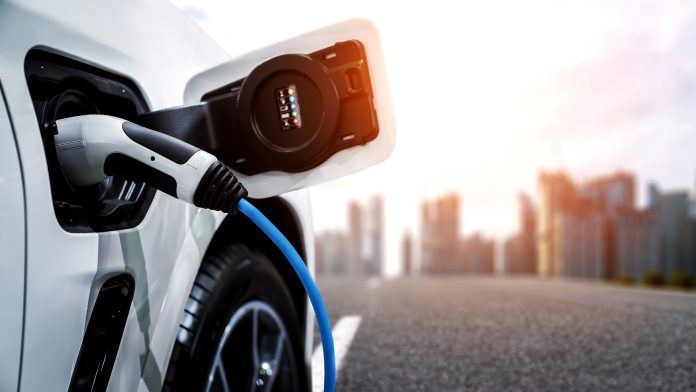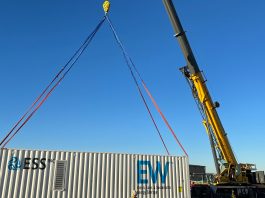Researchers at the University of Waterloo are pioneering a groundbreaking solution to ease the strain on the overworked power grid in Alberta by tapping into idled electric vehicles (EVs) as mobile generators.
Building upon existing vehicle-to-grid technology, which enables special chargers to redirect unused energy from EV batteries back into the power grid for storage, the researchers seek to extend this concept to fuel cell-powered trucks.
Stored electricity could then be deployed to support the grid during weather-related outages or reduce demand during peak periods, offering a cleaner and more sustainable energy storage solution.
Dr XiaoYu Wu, lead researcher and a professor in Waterloo’s Department of Mechanical and Mechatronics Engineering, explained: “Canada’s power grids need to be upgraded.
“But the price of Alberta’s power grid is much higher than other provinces. Most power is supplied by fossil fuels, which results in high carbon emissions.
“The need to rapidly adjust generators to meet fluctuating demand is one of the reasons that the grid price is unstable and volatile. This creates the potential for clean energy storage to flatten the demand and price of electricity.”
Mathematical modelling for feasibility
The research suggests compensating drivers of fuel cell-powered trucks to rest during rush hour. During this downtime, drivers would connect to a hydrogen refuelling station or pipeline, utilising their trucks’ idle fuel cells as generators to supply electricity to the grid.
This approach not only reduces traffic on highways but also lessens energy consumption during peak times. Daniel Ding, the architect of the research, developed an intricate mathematical model to simulate the operation.
Utilising advanced software, the team analysed the feasibility and potential of hydrogen fuel cell-powered electric vehicles to balance the power grid load, subsequently mitigating peak prices and carbon intensity.
“Hydrogen fuel cells offer advantages over other fuels like batteries, which require more investment and pollute more when you dispose of them,” Ding said. “Our preliminary findings show that using existing fuel cells in electric vehicles of the future can decrease costs on the power grid.”
Innovating novel methods for recharging the power grid
The proposed energy storage solution extends beyond trucks alone. Heavy-duty vehicles and trains, including idled switcher locomotives awaiting route changes, could also benefit from this innovative approach. The researchers anticipate early adoption in these sectors.
The research is now set to undergo testing in both laboratory and field settings to assess real-world applicability.









